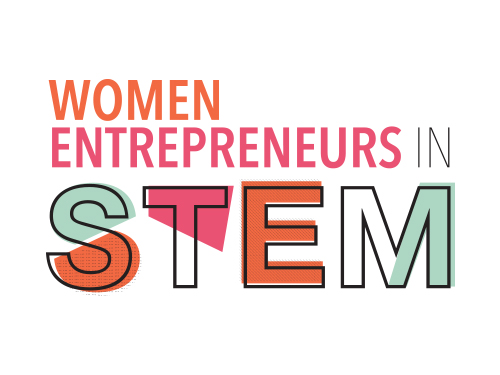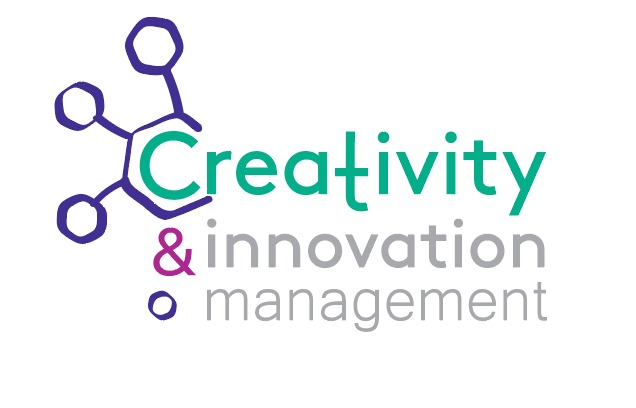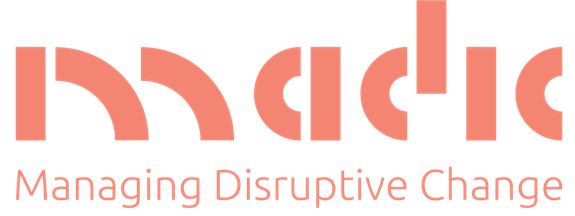Building Digital Marketing Competences

In order to enter the professional world, current job advertisements for marketing professions require the "egg-laying woolly-milk-sow". A more detailed analysis of the job advertisements requires skills in marketing strategy, data analytics, web tracking, e-commerce, digital marketing and content marketing, which ideally go hand in hand with skills in design and programming.
Newcomers should in particular have understood the functions of social media and search engines and be able to steer these by skilful application of Search Engine Optimization (SEO), Search Engine Advertisement (SEA) and Social Media Advertising (SMA). Furthermore, a professional handling of various web analysis tools is required.
The course focuses on building the skills required in today's digital world. Through digital teaching methods and interdisciplinary content, students are optimally prepared for an environment that is becoming increasingly digital. In this way, competencies in the areas of marketing strategy, data analytics, web tracking, e-commerce, digital marketing and content marketing are built up.

Managing Disruptive Change (MaDiC)
Companies today are increasingly and severely affected by disruptive changes. Examples of changes in the last 25 years are financial and economic crises, reunification, globalisation of markets, digitisation or the energy revolution. The pace at which these changes are occurring in the corporate environment is accelerating. These changes may not only affect the success of companies, in the worst case the existence of the companies is also at stake. However, disruptive changes do not necessarily need to be seen as a danger to which one must respond. Rather, disruptive changes can also be designed proactively, i.e. used strategically or even initiated. They offer opportunities and can lead to a sustained competitive advantage for companies.
In a three-year project funded by the Federal Ministry of Education and Research, Münster University of Applied Sciences is therefore dedicated to making these disruptive changes manageable for small and medium-sized enterprises.
The research project focuses on these micro- and macro-environmentally relevant disruptive changes in economic sectors and the question of how companies can counter these with the involvement of universities.

WISE


Entrepreneurship Five (E5)
We want to change the starting point with a gamification-based approach to skills development. For this we develop an entrepreneurship game, through which a total of 5 entrepreneurship skills are developed. Hence the name "Entrepreneurship Five"
At the heart of the game are the following elements:
- Mentality to recognize opportunities and respond to them with creativity
- Hands on mentality
- Flexibility / React to change
- Learning from mistakes
- Networking, communication and negotiation skills + self-marketing
Each competence is embedded in a challenge. All challenges are then combined into one game.

Creativity & Innovation Management

Creativity has been increasingly on the agenda of scientists, professionals and policymakers in recent years. It is the prerequisite for change, for alternative ideas and solutions, for innovation. The European Commission's EntreComp report, published in 2016, also describes the development of entrepreneurial skills and competences as an important political goal, highlighting creativity as one of a total of 15 relevant key competences. As an innovative university, Münster University of Applied Sciences does not only need to speak about creativity and diversity but also to give students access to the development of their own creativity. Despite the great general interest in the topic, the promotion of creativity has not yet been anchored in the curriculum of the students of the Department of Economics at the University of Applied Sciences Münster. Therefore, the goal of this project is to integrate the promotion of creative competencies into the curriculum. In addition to the lectures and the teaching of content, the new format also includes project- and problem-based learning. In addition, digital collaboration tools such as Trello or Slack are used to teach students digital method skills in professional practice.




